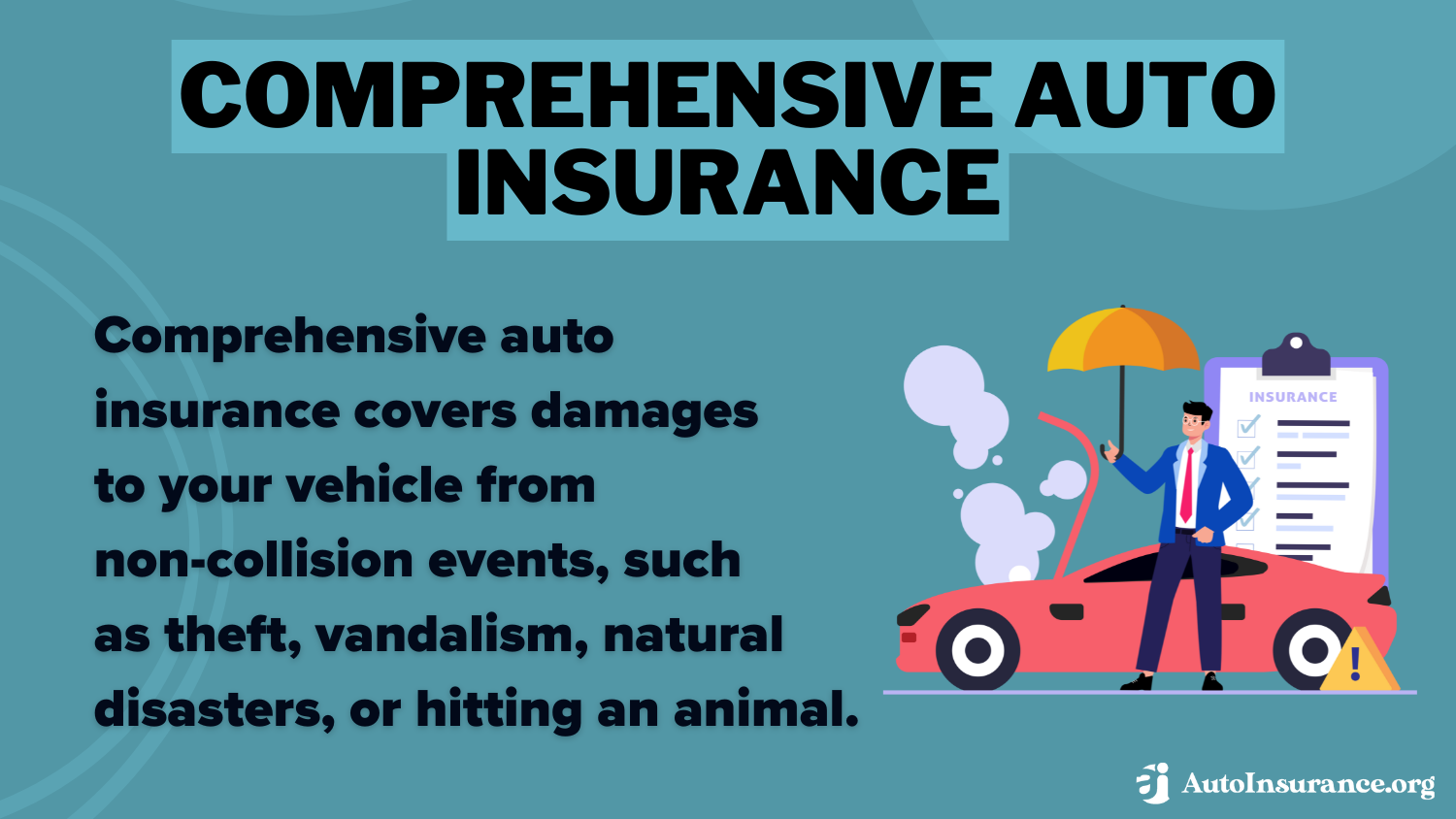Buying auto insurance can often feel overwhelming, especially given the myriad of options available and the jargon that tends to complicate the task. Many people quickly jump into choosing a policy, driven by price alone or misconceptions about what coverage they actually require. Nevertheless, recognizing the common pitfalls can save you unneeded spending and frustration in the future.
In this article, we will explore ten typical mistakes that policyholders often encounter when acquiring auto insurance. By understanding these mistakes, you can take informed decisions that protect you financially but also guarantee you get the suitable coverage for your specific situation. If you are a new buyer or wanting to change providers, dodging these pitfalls will help you acquire the most favorable policy. Now, let's explore and enable car insurance companies near dallas, tx to steer through the world of auto insurance assuredly.
Grasping Coverage Options
When purchasing car insurance, it's important to comprehend the multiple coverage options offered to guarantee you select a plan that fulfills your needs. Auto insurance typically includes liability insurance, collision coverage, and comprehensive insurance. Liability coverage defends you from costs related with damages or injuries you may cause to others in an accident. Collision coverage, on the other hand, protects against damage to your vehicle from a collision, no matter of who is at fault. Comprehensive coverage provides protection against non-collision-related incidents, such as theft, vandalism, or natural disasters.
Another essential aspect of coverage options is uninsured motorist coverage. This kind of protection is essential in situations where you are involved in an accident with a driver who does not have enough insurance or lacks insurance altogether. By possessing this coverage, you can protect yourself from financial loss caused by accidents involving these drivers. It's a protection that many people neglect, but it can be key for your financial security.
Lastly, don't overlook to think about additional options such as personal injury coverage and roadside assistance. Personal injury protection can pay for medical expenses for you and your passengers, regardless of who is at fault. Roadside assistance provides help in case of breakdowns or other emergencies. Evaluating these choices carefully will ensure you have a comprehensive auto insurance policy that truly covers you on the road.
Comparing Estimates Effectively
As you are shopping for car insurance, it is essential to compare estimates from various insurers to ensure you are receiving the best deal available. Begin by collecting quotes from at least three distinct providers. Such an approach gives you a broader perspective on what the market offers and helps you identify any significant differences in pricing for similar coverage. Keep in mind that the cheapest option isn’t always the best; pay close attention to the coverage limits, deductibles, and exclusions that may vary from one policy to the next.
Additionally, utilize comparison tools online to streamline the process. These tools can save you time by allowing you to enter your information one time and receive multiple quotes in return. However, while utilizing these online resources, be sure to verify the credibility and reputation of the insurers. Reading feedback and ratings from other customers can provide perspective into the quality of customer service and the claims process, which are critical factors in your decision-making.

Finally, when you receive your quotes, take the time to analyze and evaluate the coverage offered. Look past just the premium amount and take into account the particular features that each policy offers. Some policies may include benefits such as roadside assistance or rental car coverage, which could influence your overall costs and satisfaction in the long run. By doing a thorough comparison, you will be better equipped to choose a policy that fits your needs and budget while providing adequate protection.
Ignoring Coverage Fine Print
When buying car insurance, many customers tend to ignore the details of their coverage options. This often includes critical details about policy limits, restrictions, and specific requirements that might be applicable. Neglecting this information can lead to unexpected additional expenses during a claim, leaving policyholders exposed in situations they thought were covered.
Additionally, many buyers focus on the premium amount without completely realizing the implications of their opted coverage levels. They may opt for lower costs, only to realize that their out-of-pocket costs are much higher than expected or that essential benefits, such as car rental coverage or emergency support, are excluded. This oversight can create monetary stress, especially in times of need.
Finally, the language used in insurance policies can sometimes be complex and filled with legal jargon. Failing to ask for explanation on unclear terms can result in misinterpretations about what is included versus what is not. To avoid these pitfalls, it is wise to read through the policy meticulously, ask questions, and even speak with a well-informed agent if needed to ensure full understanding of the conditions before agreeing to a policy.
